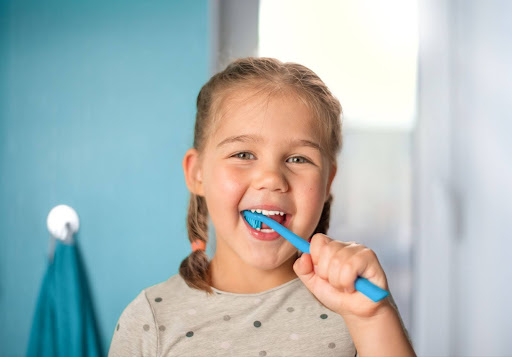
Helping your child transition from bottles to cups can be challenging, especially when they’ve grown attached to their bottles for both nourishment and comfort. While this change may seem overwhelming, it’s a crucial step in supporting your child’s oral health and overall development.
The Importance of Transitioning from Bottles
Although bottles are convenient, prolonged use can pose significant risks to your child’s oral health. Continued bottle use can lead to palate narrowing, which might require orthodontic treatment later on. Additionally, extended exposure to liquids like milk, formula, and juice can increase the risk of tooth decay due to the sugars they contain. For these reasons, it’s vital to transition your child to using a cup at the right time.
Choosing the Best Training Cup
Selecting the right training cup is key to a successful transition. Factors such as the style, material, and design of the cup play an important role in your child’s comfort and ease of use. Look for cups that encourage sipping rather than sucking, as this helps develop proper drinking habits and reduces the risk of oral health problems.
Essential Features in Training Cups
When choosing a training cup, opt for one with a simple spout instead of a “no spill” design, as the latter can slow your child’s progress in learning to use a cup. Cups with handles are easier for little hands to grasp, and those with weighted bases help prevent spills, promoting independent drinking. These features can empower your child, making mealtimes more enjoyable and less messy.
Gradual Transitioning from Bottles
The switch from bottles to cups should be done gradually. Start by offering water in the bottle and other drinks in a cup, reducing bottle use over time while increasing cup use. Once your child is comfortable with training cups, you can introduce a small plastic cup without a lid. This final step encourages your child’s independence and builds confidence in their oral care routine.
Support from Your Hoover Pediatric Dentist
If you need additional guidance on making the transition from bottles to cups, the team at Indian Springs Pediatric Dentistry is here to help. We are committed to ensuring your child’s oral health and are ready to provide the advice and support you need during this important stage. Contact us today to schedule a consultation and let us partner with you on your child’s journey to a healthy smile.









 Hoover Dentist
Hoover Dentist





